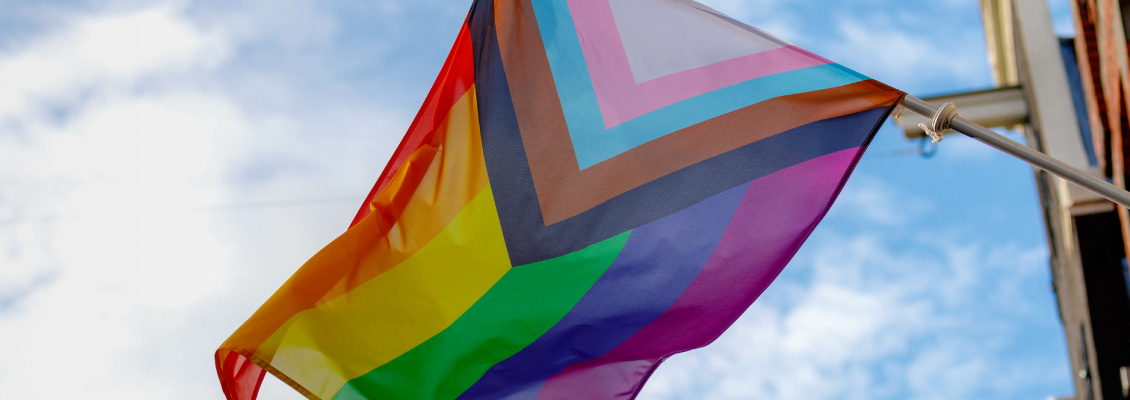The month of June commemorates Pride and is a time of celebration and reflection. Pride was born out of a series of riots, The Stonewall riots, which were championed by the most marginalized within the LGBTQ community — specifically Black and Brown trans women. The Stonewall riots began at the end of June 1989 after the police in New York City raided the Stonewall Inn, a prominent gay bar. Queer people came together to fight against state-ordered persecution for people who expressed homosexuality. However, these riots were not an isolated case. Anti-LGBTQ hate was all too common throughout the 1960’s and onward, often taking the form of violence, harassment and discrimination (especially medical discrimination). The riots began what today is known as Pride by forming community, allyship and love within the Queer community.
The criminalization of homosexuality and the imposition of binary gender roles is directly tied to the colonization of lands and peoples. Many Indigenous nations and cultures include nonbinary, third genders, and Two-Spirit people that were not only accepted but considered sacred. Laws made to represent what is ‘right’ and ‘wrong’ in a settler-colonial nation like Canada are all too often the imposition of strict colonial morals, which only serve a privileged demographic.
Homosexuality was decriminalized in Canada in 1969. Despite this progressive step, the years spanning from 1987 to 1992 witnessed a tragic toll, with 5546 deaths attributed to HIV/AIDS in Canada alone. Major institutions, including American President Ronald Reagan labeled it the ‘gay’ disease and not only stigmatized the Queer community, but also undermined the urgent efforts to address the epidemic. This period stands as a somber reminder of the consequences of neglect and discrimination, highlighting the imperative for equitable healthcare and societal acceptance for all. South of our border, and now in certain Canadian provinces, the LGBTQ+ community is at great risk. Political discourses habitually reduce trans and queer lives to debate topics to further scapegoat and marginalize them.
Today, it can be hard to see the Pride movement as an anti-establishment, anti-colonial and anti-police movement. This is largely due to corporate “rainbow washing” that dilutes the true resilience, strength and PRIDE the LGBTQ+ people have in themselves and in their communities. We must not forget that Pride is an important time to reassert our self determination, to continue to build allyship and recommit to the work that still needs to be done. Freedom for one means freedom for all.
As Queer rights continue to be threatened we must center ourselves in knowing that Queer joy, pride and love is revolutionary and beautiful. Care for your community and remember the power of solidarity.
Happy Pride,
UVSS Board of Directors
Resources:
- UVSS Pride Collective @vicpridecollective
- The Anti-Violence Project | AVP | ending gender based violence @anti.violence.project
- 7 ways you can be a better LGBTQ+ ally | Students – UCL – University College London
- LBGTIQ-Inclusive-Language-Guide.pdf (www.vic.gov.au)
- The History of Two-Spirit Folks — The Indigenous Foundation
